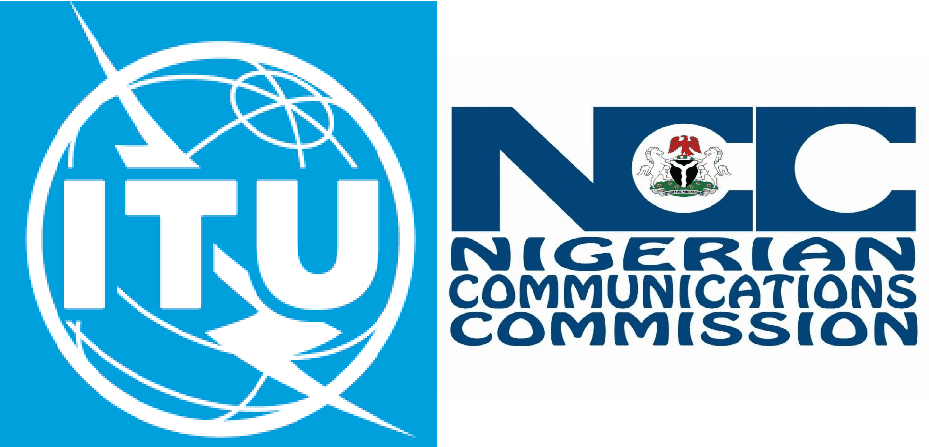
ITU ranks Nigeria high in digital transformation readiness
By Blessing Emmanuel, Abuja
A new report by the International Telecommunication Union (ITU) has ranked Nigeria high at 71 percent in comparative legal, policy, and governance frameworks towards achieving an advanced state of readiness for digital transformation, designated as G5.
This places Nigeria among the global leaders in digital transformation readiness, alongside Germany, Finland, and Singapore.
The report, conducted by the ITU, the United Kingdom’s Foreign, Commonwealth & Development Office (FCDO), and the Nigerian Communications Commission (NCC), was unveiled by Nigeria’s Minister of Communications, Innovation and Digital Economy, Dr. Bosun Tijani, in Abuja on Wednesday, 24th July, 2024.
Nigeria was highlighted as one of Africa’s top seven countries in the BEMECS 5G Readiness Index, which signifies the country’s preparedness to deploy and adopt mass-market 5G networks.
Titled ‘Collaborative Regulation: Accelerating Nigeria’s Digital Transformation,’ and presented at the Digital Economy Complex in Mbora, Abuja by ITU’s Kagwira Nkonge, the report offers a comprehensive case study on collaborative regulation review to assess and support Nigeria’s transition towards collaborative digital governance, evidence-based policymaking, and agile regulation in the digital economy.
The presentation attracted key industry stakeholders, including service providers, government agencies, representatives of multilateral institutions, the West Africa Telecommunications Regulators Assembly (WATRA), and the Africa Telecommunications Union (ATU).
The report aims to complement existing cross-country benchmarks by evaluating the policy and regulatory environments of various countries according to the pillars of the Generations of Regulation frameworks, which track telecom regulatory maturity towards digital transformation readiness.
Nigeria currently stands at G4 on this framework. The assessment benchmarks against four critical levels of accomplishment: national collaborative governance, policy design principles, digital development toolbox, and digital economic policy agenda. Nigeria scored impressively with 91 percent in regulatory capacity, 82 percent in market rules, 81 percent in collaborative governance, 76 percent in legal instruments for ICT/Telecom markets, and 69 percent in the national digital agenda policy.
In his remarks at the event, Dr. Tijani praised the ITU and partner agencies for their efforts in producing the report. He emphasised the Federal Government’s commitment to utilising the report as a guide for achieving regulatory objectives and policies aimed at fostering a robust digital economy.
“That is what we will continue to do as a government, ensuring that we can put ourselves in a place to have cutting-edge modern regulations in place to ensure that business is done properly in our sector and to ensure that, where possible, increase the local content of the sector as well,” he stated.
Dr. Tijani highlighted the evolving role of the NCC, noting, “Fifteen, twenty years ago, NCC was just regulating the telecommunications sector, today, NCC regulates the foundation for which any economy would be prosperous.”
The Executive Vice Chairman of the NCC, Dr. Aminu Maida, who hosted the presentation, welcomed the report’s indicators that promote effective regulation, attract greater investment, and foster innovative models for broader digital inclusion.
He emphasised that collaborative regulation would support Nigeria’s transition towards effective digital governance, evidence-based policymaking, and agile regulation in the nation’s digital economy.




